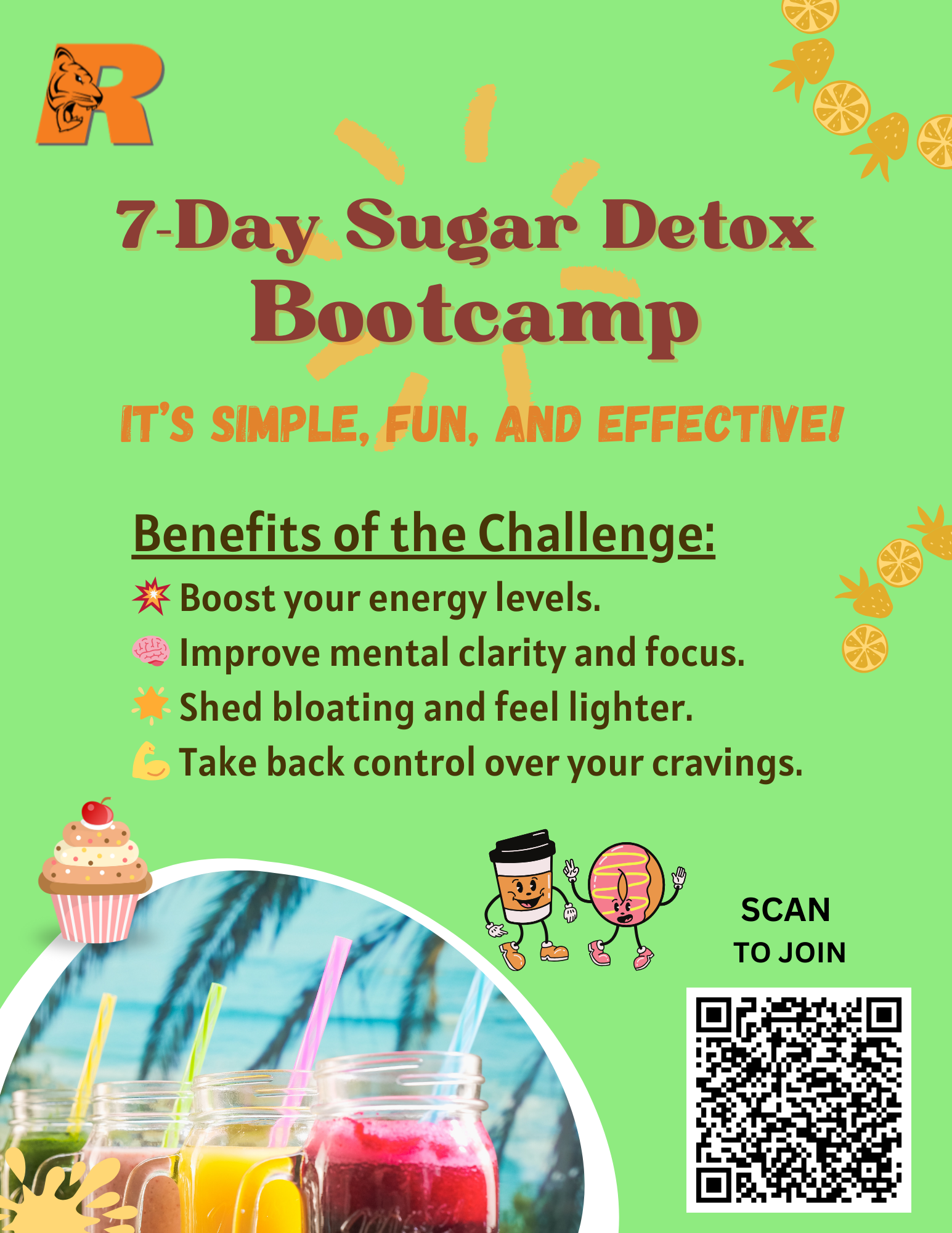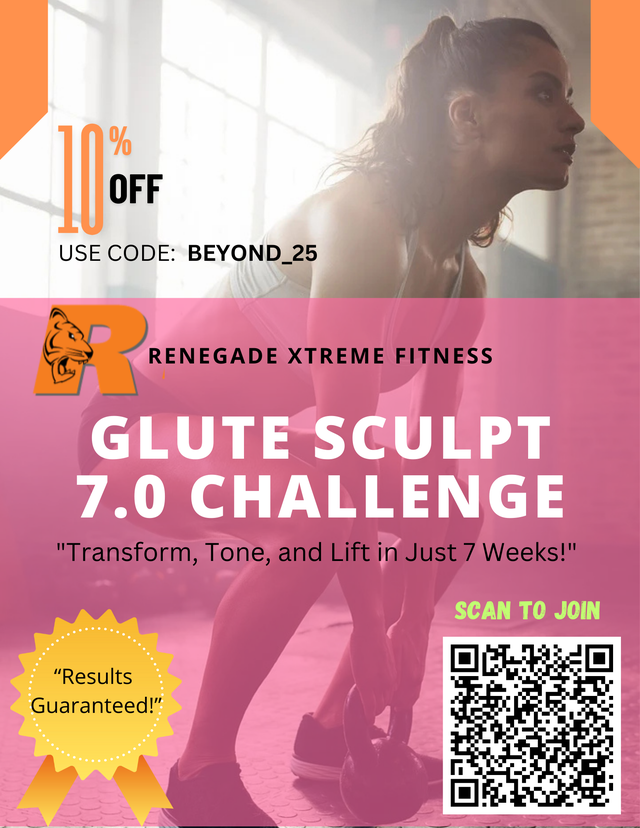BLOG

How Women Can Recover Stronger After Sports Injuries
Injuries are part of any athletic journey, but they don't have to define your fitness story. At Renegade Xtreme Fitness, we believe that with the right approach to recovery, women can not only heal from sports injuries but also emerge stronger, more resilient, and healthier than before. Our holistic approach combines targeted workouts, proper nutrition, and specialized physiotherapy techniques to transform setbacks into opportunities for growth.
Understanding the Female Athlete's Recovery Journey
Women face unique challenges when recovering from sports injuries. Hormonal fluctuations, anatomical differences, and the pressure to balance recovery with career and family responsibilities can complicate the healing process. This is why personalized approaches to rehabilitation are particularly important for women.
Research shows that female athletes have different injury patterns than their male counterparts. For instance, women experience ACL tears at 2-8 times the rate of men due to differences in neuromuscular control, landing mechanics, and hormonal influences. Understanding these differences is essential for creating effective recovery programs.
The Role of Strategic Exercise in Rehabilitation
Modern sports medicine has moved beyond the outdated "complete rest" approach. Evidence now supports that strategic, progressive movement is essential for optimal recovery. Effective rehabilitation programs typically include:
Progressive resistance training that gradually rebuilds muscle strength while respecting tissue healing timelines
Mobility exercises that restore range of motion without compromising healing structures
Balance and proprioception work to retrain neurological connections and body awareness
Corrective exercises that address underlying movement patterns that may have contributed to the injury
The key is progression—starting with controlled, low-intensity movements and methodically advancing as healing progresses. This approach maintains fitness while allowing injured tissues to repair properly.
Nutrition: The Foundation of Effective Recovery
Tissue healing requires specific nutrients, and a strategic nutrition plan can significantly accelerate recovery. Research-backed nutritional strategies include:
Anti-inflammatory foods such as omega-3 rich fish, colorful berries, and leafy greens help manage the inflammatory response that accompanies injury
Protein timing and quality ensures adequate amino acid availability for tissue repair, with research suggesting 1.6-2.0g/kg of body weight daily for optimal recovery
Collagen-supporting nutrients including vitamin C, copper, and zinc enhance the body's ability to rebuild connective tissues
Strategic carbohydrate intake provides energy for rehabilitation exercises while accounting for potentially reduced activity levels
Nutritional needs often change throughout the recovery process, with different phases of healing requiring different nutritional emphasis. Working with a sports nutritionist can help optimize this aspect of recovery.
Physiotherapy: Evidence-Based Approaches to Healing
Physiotherapy brings clinical expertise to the rehabilitation process through several evidence-based techniques:
Manual therapy addresses tissue restrictions, breaks down scar tissue, and improves circulation to healing areas
Neuromuscular re-education retrains movement patterns that may have been altered by pain or compensation
Pain management strategies that focus on addressing root causes rather than simply masking symptoms
Progressive loading protocols that systematically challenge tissues to adapt and strengthen according to biological healing timelines
Research shows that early intervention with appropriate physiotherapy can significantly reduce recovery time and improve long-term outcomes after sports injuries.
The Psychological Aspects of Injury Recovery
The mental component of injury recovery is often underappreciated but critically important. Studies show that psychological factors can significantly impact recovery outcomes. Key aspects include:
Setting realistic, measurable goals that provide a clear path forward
Developing coping strategies for managing pain, frustration, and setbacks
Maintaining connection with training partners and the athletic community to prevent isolation
Practicing mindfulness techniques that help manage pain perception and rehabilitation anxiety
Sports psychologists have found that athletes who develop psychological resilience during injury recovery often return to their sports with improved mental toughness and performance mindset.
Beyond Recovery: The Concept of Supercompensation
The biology of adaptation means that properly managed rehabilitation can actually result in improved function. This concept, sometimes called supercompensation, involves:
Identifying and correcting biomechanical inefficiencies that may have predisposed an athlete to injury
Building greater strength in supporting muscle groups to create more robust movement systems
Enhancing overall movement quality through improved neuromuscular control and coordination
Developing heightened body awareness that allows for earlier detection of potential problems
This approach transforms rehabilitation from a process of simply "getting back to normal" into an opportunity for performance enhancement.
Individualized Approaches to Rehabilitation
Research consistently shows that cookie-cutter rehabilitation programs are less effective than individualized approaches. Factors that influence recovery programming include:
The nature and severity of the injury
Previous injury history
Training background and athletic goals
Age and hormonal status
Available time and resources for rehabilitation
Concurrent life stressors and responsibilities
At Renegade Xtreme Fitness, we recognize that each woman's injury and recovery journey requires a tailored approach that accounts for these variables and adapts as recovery progresses.
The Integration of Recovery Modalities
The most effective rehabilitation programs integrate multiple approaches rather than relying on a single modality. The synergistic effects of combining proper exercise, nutrition, physiotherapy, and psychological strategies create outcomes greater than any single approach could achieve alone.
We use this integrated approach to address not just the injured tissue but the whole person, recognizing that sustainable recovery requires attention to all aspects of health and performance.
If you need help getting back from an injury, or are just ready for a personalized program, check out our Intro Offer to start today!
Browse Our In Demand Challenges




Browse Our In Demand Challenges




